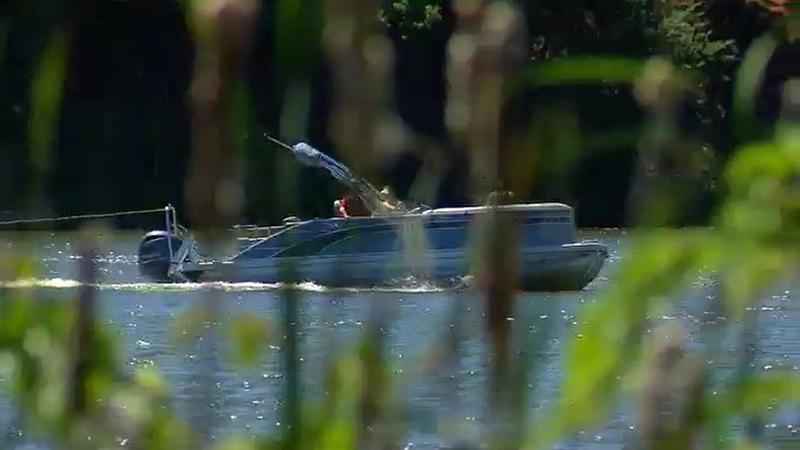Pandemic, supply chain disruptions upending boat manufacturing amid heavy demand
[anvplayer video=”5036386″ station=”998122″]
It’s boating season in Minnesota, and a lot of folks are starting to get out on the water.
"I grew up with a boat, and so it’s nice to get out and enjoy the water," said Chris Brevik, who was shopping for a boat on Saturday.
But experts say new boats — and even motors — are in short supply because of the pandemic.
Customers have been calling River Valley Power and Sport in Wayzata nonstop, hoping to get one of the few boats available for purchase right now.
"The phone is constantly ringing," said Kevin Kerkvliet, the store’s general manager. "The inventory is being severely depleted across Minnesota and the nation, for that matter."

[KSTP]
Kerkvliet wouldn’t share specific sales figures, but he said boat inventories are at a record low. Meanwhile, demand industry-wide has jumped 67% over last year.
"We are probably at a year’s worth of product sold already within the first six months of the year, and we look to sell at least half that again for the rest of the year," he said.
The pandemic triggered manfacturing slowdowns, according to the National Marine Manufacturer’s Association. But U.S. manufacturers are shipping 20,000 new boats a month — 13% above normal. The trade group reports order backlogs are averaging six months.
COVID-19 has certainly taken its toll, but other events, such as the Texas power outage in February and the blocking of the Suez Canal by a container ship in March, have thrown wrenches in the supply chain.
These disruptions have meant that certain raw materials haven’t made it to where they needed to go. Kerkvliet cited foam as a boat-building material that hit a snag earlier this year when Texas was experiencing mass power outages.
"Because it’s petroleum-based, you have foam that’s applied inside the boats. The seats are made out of foam, which is a petroleum product," he said. "So all that was affected in the deep freeze when they couldn’t keep their plants heated and the product was ruined."
Additionally, shipments of parts like aluminum hulls and LED lights made in Asia were delayed while the Ever Given blocked the Suez Canal for nearly a week.
Kerkvliet said it will take a while to catch up.
"We’re looking at probably 12-16 months before the inventory levels truly get back to where they were before the pandemic," he said.
But customers like Brevik are holding out hope they’ll get to head out on the water this year.
"You gotta get out and enjoy the lakes if we have them," he said.